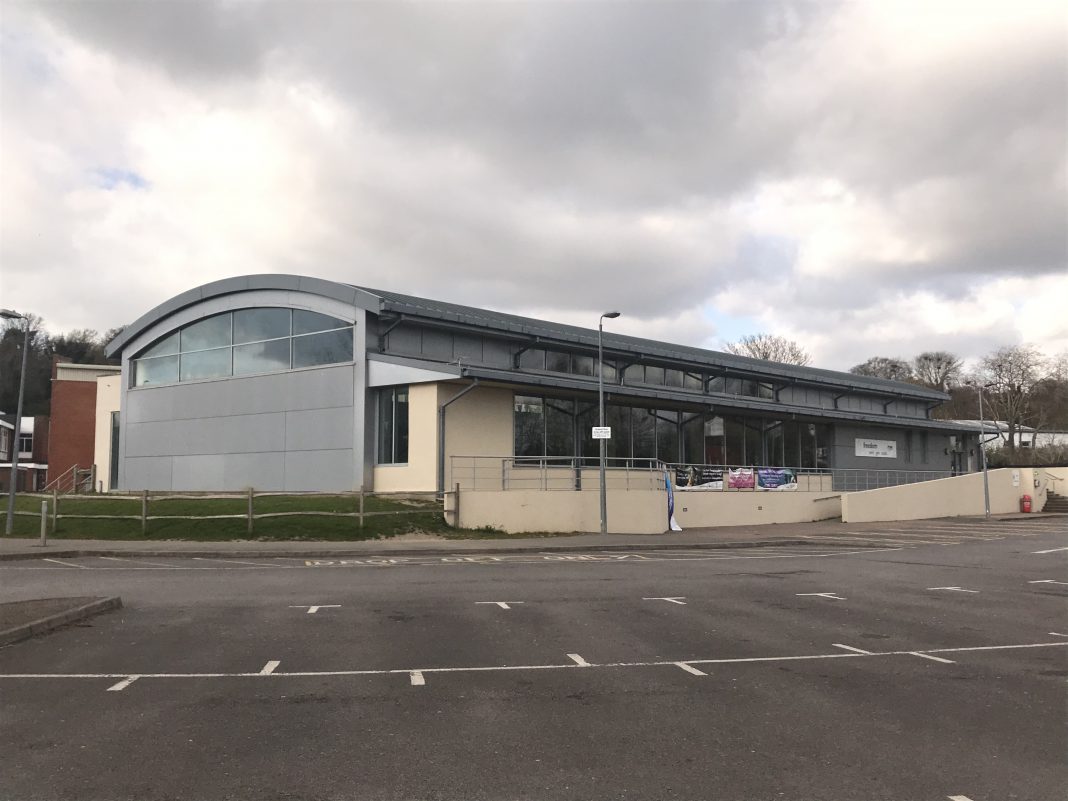Since Freedom Leisure found it necessary to close Rye swimming pool last year, both they and our district and town councils have made it clear that the preferred and hoped-for solution was for central government to provide the funds needed to offset the huge rise in energy costs that had forced the pool’s closure.
This was always an optimistic hope, as the government has maintained that the current financial packages to commerce and industry in general were intended to be temporary and the prime minister himself said in a recent interview that these were unsustainable in the longer term. It should have come as no surprise, therefore, when the announcement was made that there will be no additional help available to the leisure industry which would enable pools that have been closed in many places around the country, to re-open, and such help as there is will be reduced from April 1. However, we understand that Sally-Ann Hart is contacting the minister to obtain absolute confirmation that swimming pools, with their specific requirements, are not to be exempted from the reduction in support. So hope should perhaps not be totally abandoned at this stage. Reaction from the CEO of Freedom Leisure to the news so far can be seen here.
However, while this may force our local authorities to be more realistic in their planning, the news is not all bad. Energy costs have been on a steady downward curve for some months and are now understood to be around the same level as a year ago – that is to say maintaining the increase following global economic resurgence after the pandemic but significantly less than the rapid rise caused by the Russian invasion of Ukraine. With alternative energy sources now largely established for most of Europe and energy requirements settling back to pre-pandemic levels, there seems reason to have hope that the reduction in energy costs will continue, at least for a while thus closing the sustainability gap on swimming pool overheads, to some degree.
There is also evidence that others have succeeded in overcoming the problem. A leisure centre in Salisbury, for example, has installed solar panels and a heat pump. The panels alone are expected to generate electricity worth £140,000 per year. Whether Rye leisure centre is large enough to accommodate sufficient panels to generate this level of energy is probably doubtful, but it should still generate enough to make a very substantial contribution towards the centre’s running costs. In the case of Salisbury, the work was funded through the government’s public sector decarbonisation scheme, which provides grants to the public sector to assist sustainability and efficiency measures.
Another alternative is to work with a local energy co-op. Rye News understands that one such co-op has put a proposal to Rother District Council which, as well as using sustainable methods to produce the energy required, would solve the problem of raising the initial capital. Whilst this sounds good and is undoubtedly something that will be carefully considered, the contractual arrangement is a complicated one and may or may not eventually prove workable for Rye.
In the meantime, William Coatesworth, who has generously volunteered to examine the finances of keeping the pool open and establishing the precise current shortfall, as well as looking at the condition of the building, has been able to start work and will be reporting to the town council later this month.
It would appear that our representatives are working hard on this and we may, after all, be able to report some positive news before too long.
Image Credits: Nick Forman .




An additional source of finance for insulation and energy efficiency measures would be Community Infrastructure Levy (CIL) funds held by Rother. Rother has allocated a proportion of those funds for environmental purposes and is upgrading insulation etc in village halls and community buildings across the District.
(CIL is a levy on new house construction designed to take a proportion of the landowner’s planning gain and allocate it to infrastructure projects. A proportion of CIL goes direct to Town and Parish Councils where the development takes place, including Rye.)